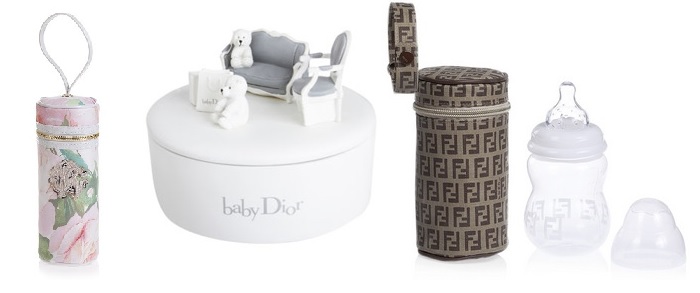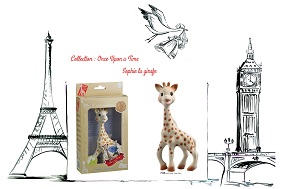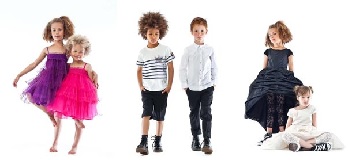Teach My Child to Respect Others
There are two ways your child learns about respect. He listens to what you say about respectful behavior, and he copies the way you usually act. Ultimately, your child will learn more from your actions than from your words. If you treat your child and others courteously, he’ll eventually copy your behavior. But if you speak harshly to him—”Get over here now!”—and consistently belittle him when he expresses his needs or makes mistakes, he will not learn to treat others with respect, even if you admonish him to behave well.
Day care and nursery-school teachers sometimes say they can tell how respectful parents are by listening to their children playing. When two preschoolers pretend they have a crying baby, one might say, “Let’s pick her up. She’s crying,” while the other might reply, “You get out of this house right now, and take this crying baby with you.” A young child doesn’t automatically know how to act appropriately.
He has to have good models, and be taught and frequently reminded, since he’s egocentric and easily forgets about other people’s feelings when his own needs are strong. Parents often feel defeated after telling their child again and again to be nice to others, only to see him act selfishly again. At such times, it’s important to remember that learning to show respect is a slow process, and that it’s natural for young children to think mainly of themselves. If you feel constantly unhappy with your child’s disrespectful behavior, perhaps you should reevaluate your expectations. It’s possible that you’re asking for more than he’s capable of. The younger he is, the less likely he is to control his emotions and put himself in someone else’s place. Therefore, it’s necessary for you to put limits on his behavior: “You can’t say mean words to your sister.”
Look for ways you can model respectful behavior: “Let me pick you up so you can see better,” or “Let’s go over there and thank that man for helping us.” Consistently use a respectful tone and respectful words with your child. When children are respected, they internalize feelings of self-worth, believing that their ideas, needs, and desires are important. Over time, your child will give back the kind of respect you’ve given him, and you’ll see him begin to consider other people’s needs and feelings.
References:
The New Baby Answer Book from Birth to Kindergarten, Answers to the Top 150 Question
Read in Magazine
You must be logged in to post a comment.
click here to log in













































